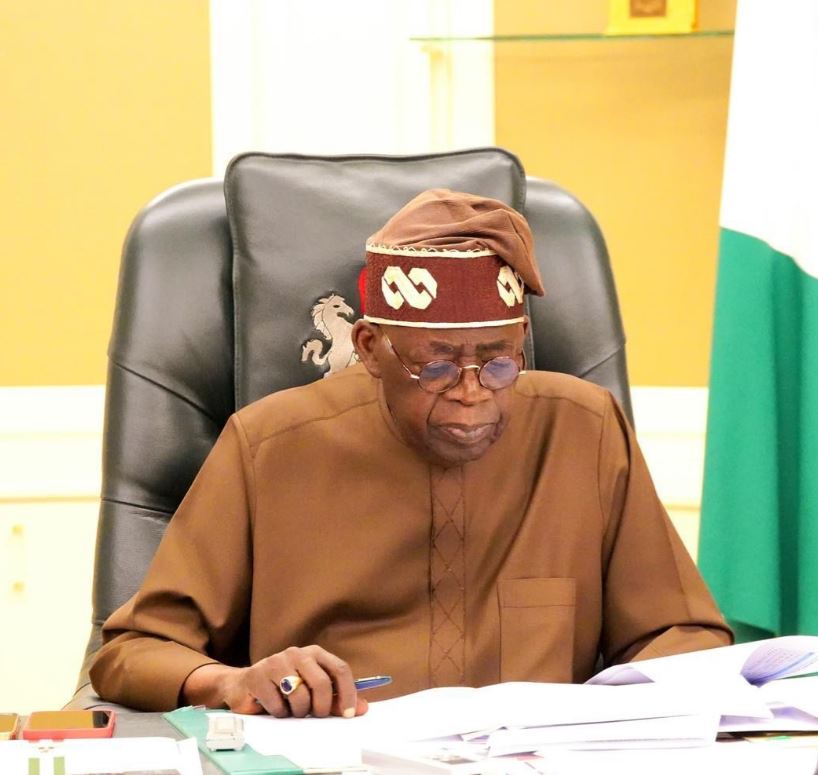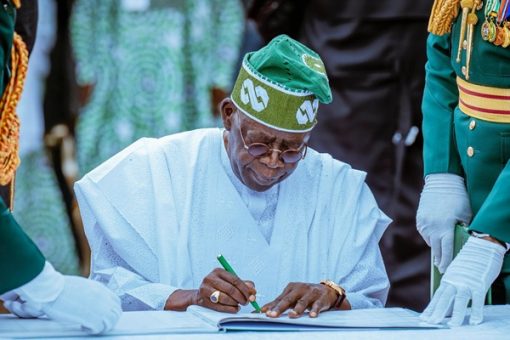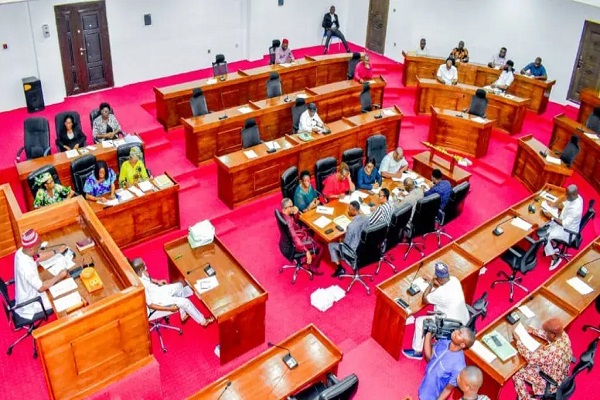President Bola Ahmed Tinubu’s declaration in Brazil that his reforms have wiped out corruption and positioned Nigeria for new investments has sparked outrage among religious leaders across the country, who insist that sleaze remains widespread and worsening.

Tinubu, speaking to Brazilian investors, claimed his administration had made foreign exchange allocation more transparent while creating opportunities in food security, renewable energy, and technology. But in separate interviews with Saturday Vanguard, Christian and Muslim clerics described the statement as misleading and disconnected from the daily realities of Nigerians.
Reverend Father Joseph Opelema, chairman of the Bayelsa State chapter of the Christian Association of Nigeria (CAN), said corruption still pervades the police, judiciary, electoral system, and education sector. “Unless the police stop brazenly extorting commuters on highways, I refuse to believe corruption has ended,” he argued.
Sheikh AbdulGaniy Bello of Ikorodu dismissed the president’s comments as “a political statement far from reality,” stressing that corruption is “woven into the fabric of daily life, from airports to ministries.”
Rev. Effiong John of Akwa Ibom described Tinubu’s statement as “wishful thinking,” pointing to scandals within his cabinet and recent police bribery cases. Similarly, Rev. John Hayab, chairman of CAN for the 19 northern states and FCT, said, “Corruption is still present, even among his appointees. Nigerians see it every day.”
Read also;
Niger Delta Youths Storm NNPCL Headquarters, Demand CEO’s Resignation Over Alleged Corruption
Tinubu Unveils Personal Income Tax Calculator Ahead of 2026 Reforms
Other clerics went further, accusing the administration of being complicit. Rev. Olu Martins of Edo State listed unanswered questions about civil service practices, electoral fraud, and lack of transparency in government spending. Bishop Paul Udu-Etim of Cross River described ongoing recruitment scandals where jobs are sold for ₦1 million, while Prophet Etim Ekpe added, “The President must be living on the moon—corruption is worse than ever.”
Pastor Obinna Mbadike of Rivers State said Tinubu’s speech showed “romance with corruption” and “deceit toward suffering Nigerians,” while Chief Eze Chukwuemeka branded the administration “the most corrupt in the country’s history.”
A few voices, however, urged context. Rev. David Ugolor of ANEEJ said Tinubu’s words were “aspirational” and aimed at boosting investor confidence, noting reforms such as fuel subsidy removal, improved forex access, and anti-graft agency efforts. Similarly, Rasaq Uthman, Chief Imam of Ansar-ud-Deen Society, Ipaja, argued that the president was projecting Nigeria positively to attract investment, though he admitted “grey areas of endemic corruption” remain.
Despite these nuances, the overwhelming verdict from clerics across states was damning: corruption, far from disappearing, remains entrenched in Nigeria’s governance, institutions, and everyday life.




